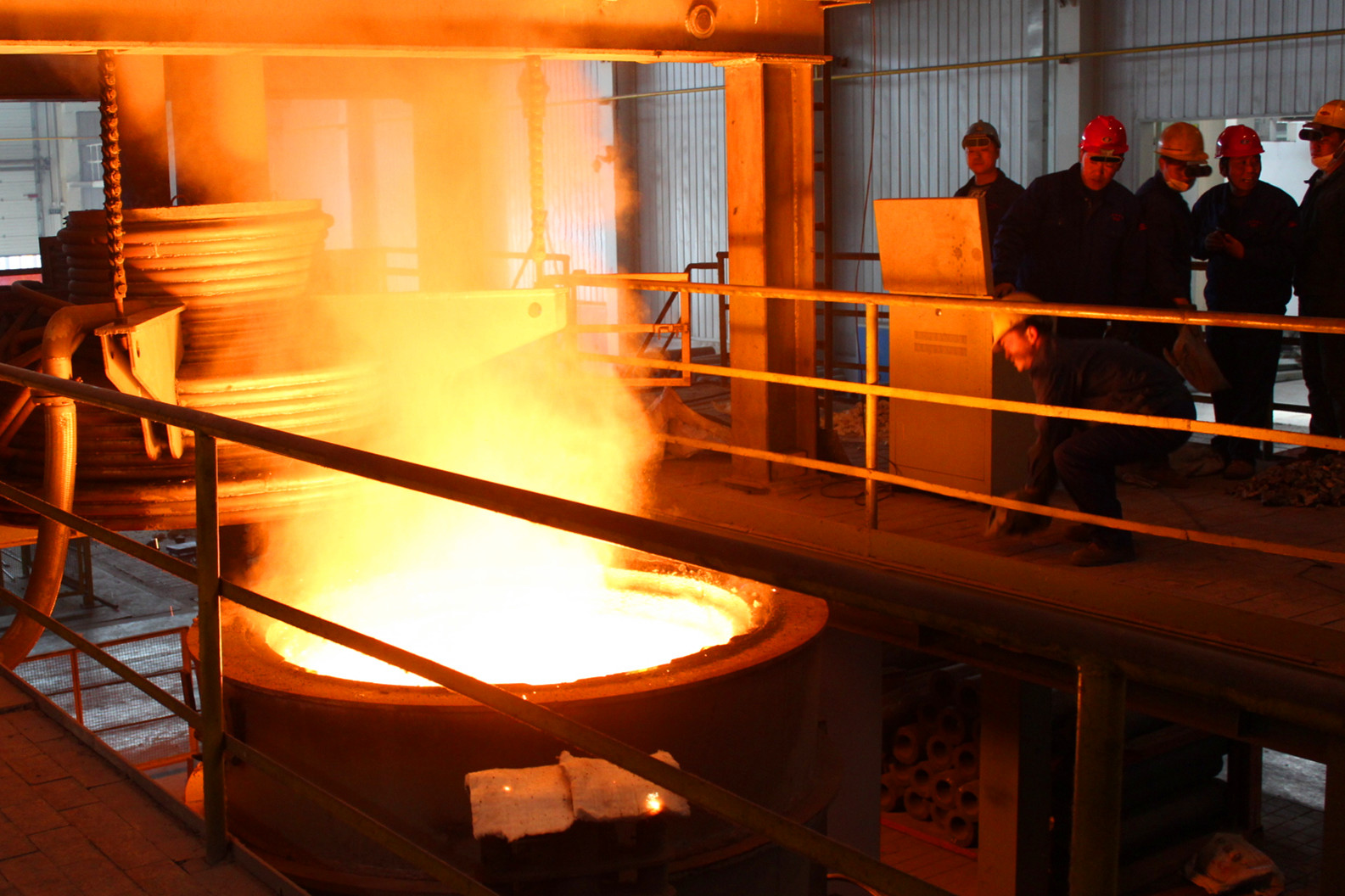Sep . 30, 2024 09:32 Back to list
Top Producers of Steel Castings and Their Innovative Manufacturing Techniques
Understanding Steel Casting Manufacturers An Overview
Steel castings are essential components in various industries, including automotive, aerospace, construction, and heavy machinery. The process of creating steel castings involves pouring molten steel into molds to form complex shapes and structures that meet specific performance requirements. Steel casting manufacturers play a crucial role in this industry, providing high-quality products that meet the rigorous demands of their clients.
The Casting Process
The steel casting process can be broken down into several key stages, starting with pattern making. In this phase, a pattern, which is a replica of the final product, is created, typically from wood, metal, or plastic. This pattern is then used to produce a mold, which will hold the molten steel during the casting process. The mold is constructed to withstand high temperatures and pressures, ensuring that the final product is both precise and durable.
Once the mold is ready, molten steel is poured into it. The temperature of the steel is typically around 1400 to 1600 degrees Celsius (2552 to 2912 degrees Fahrenheit). The pouring process must be carefully controlled to avoid defects such as air bubbles or inclusions, which can compromise the integrity of the casting. After the molten steel has cooled and solidified, the mold is removed, revealing the cast part.
The final stage involves cleaning and finishing the castings
. This can include machining to achieve the exact specifications, surface treatments to enhance corrosion resistance, and inspections to ensure quality standards are met. The result is a high-performance component ready for integration into a larger system.The Role of Steel Casting Manufacturers
steel castings manufacturers

Steel casting manufacturers are responsible for overseeing all aspects of the casting process. They employ skilled engineers and technicians who understand the intricacies of metallurgy, mold design, and production techniques. These experts work closely with clients to ensure that their specific needs are met, whether it's creating a unique design or adhering to strict industry standards.
Quality assurance is a significant part of a manufacturer’s role. Most manufacturers follow stringent quality control processes to ensure that every casting is up to par. This includes non-destructive testing methods such as dye penetrant testing and ultrasonic inspections, which help identify any internal flaws without damaging the part. As a result, customers can be confident in the reliability and durability of the steel castings they purchase.
Advancements in Technology
The steel casting industry is continually evolving, with advancements in technology leading to more efficient production processes and improved product quality. For instance, the use of computer-aided design (CAD) software has streamlined the pattern-making process, allowing manufacturers to create more intricate designs with greater precision. Additionally, automated pouring systems help maintain consistent pouring temperatures and reduce the chances of human error.
3D printing technology is also making its way into the steel casting realm. It allows for rapid prototyping and the creation of complex shapes that might be difficult or impossible to achieve with traditional methods. This innovation can significantly shorten development times and reduce costs, making it an attractive option for manufacturers.
Conclusion
In conclusion, steel casting manufacturers are vital players in the manufacturing sector, providing essential components that serve a wide array of industries. Through advanced technologies and rigorous quality control practices, these manufacturers ensure that their steel castings meet the highest standards of performance and reliability. As the industry continues to innovate, the role of steel casting manufacturers will become even more critical in meeting the demands of an ever-evolving marketplace. Understanding their processes and challenges can help businesses make informed choices about their manufacturing needs, paving the way for better products and more efficient supply chains.
-
Centrifugally Cast Iron Water Main Pipe | Ductile Iron Solutions
NewsAug.24,2025
-
Durable Cast Steel Concrete Pipe Mold Bottom Rings & Base Trays
NewsAug.23,2025
-
Centrifugally Cast Iron Water Main Pipe for Reliable Mains
NewsAug.22,2025
-
Durable Centrifugally Cast Iron Water Main Pipe
NewsAug.11,2025
-
Centrifugally Cast Iron Water Main Pipes for Reliability
NewsAug.10,2025
-
High-Quality Centrifugally Cast Iron Water Main Pipes
NewsAug.09,2025


